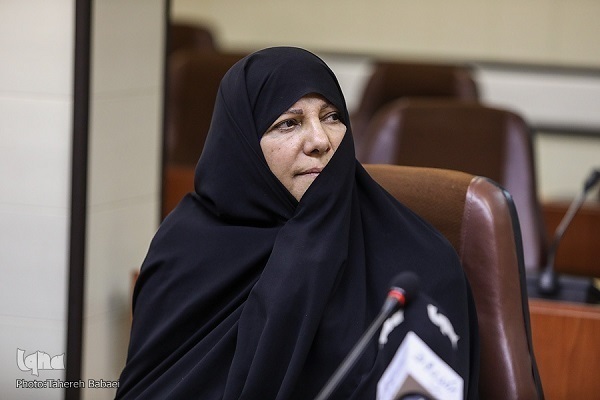Preparing Shias for Occultation Period Eleventh Imam’s Main Measure: Expert

Although Imam Hassan Al-Askari (AS) was under siege and surveillance, he had a network of connections with the Shia community through his representatives and deputies, as if he himself was directly responsible for their Imamate and leadership, and in this way, he prepared the Shias for the period of Occultation of his noble son, Maryam Hajabdolbaqi told IQNA in an interview on the martyrdom anniversary of the 11th Imam (AS).
She described the short life of Imam Hassan Al-Askari (AS) and his leadership of the Shias as very important, and said that among the important actions of the Imam (AS) during that period was to give hope to the Shias for the future.
By reviving and continuing the use of deputies, the Imam (AS) was able to expand the scope of influence of Shia Imam and leader in the Islamic community, she stated.
“This happened in a situation where a significant part of his Imamate was spent in conditions of confinement and restriction under the most severe supervision by the Abbasid government. However, with the practical initiative the Imam (AS) had in the form of communication with his deputies, he achieved this goal and often turned the threats and crises posed by the Abbasid rulers into opportunities.”
Abdolbaqi added that Imam Hassan Al-Askari (AS), through his indirect leadership and guidance to Muslims and his devotees in that era and time, taught them how to preserve the lives and honor of true and sincere Shias through Taqiyyah and secrecy and at the same time, by creating network organizations and communication intermediaries that were constantly engaged in exchanging news and developments in society between him and the Islamic community, he was able to take the helm of guiding society and Shia affairs.
“In fact, by using such a mechanism to guide and direct the Islamic community, the Imam (AS) thwarted the plan of the Abbasid caliphs to isolate the Shia Imamate and leadership. They (Abbasid cailphs) sought to sever or minimize the community’s connection with the Imam of their time (but they failed). In fact, in most cases, this indirect connection was so strong and effective that it was considered as if the Imam (AS) himself was directly involved in running the Muslim community’s affairs.”
Read More:
She emphasized that such a model of leadership and guidance of the Shias was in fact a preparation for the period of the Occultation of Imam Zaman (AS), so that they would become accustomed to this type of indirect communication with their Wali (leader).
In fact, Imam Hassan Al-Askari (AS) accomplished a very serious and sensitive mission that contained a paradox or contradiction, namely, by maintaining strict secrecy, he concealed and preserved the life and existence of the infallible Imam after him from the eyes of the caliphs, enemies, and spies, and on the other hand, he turned the existence and life of the Imam after him into a true belief among Shias and Muslims, she noted.
In such circumstances and through this medium, they should be given the hope that although the Imam (AS) is absent, he has complete control over affairs and that their religion, world, and life will never be devoid of the proof of God, Abdolbaqi stated.
4302760



